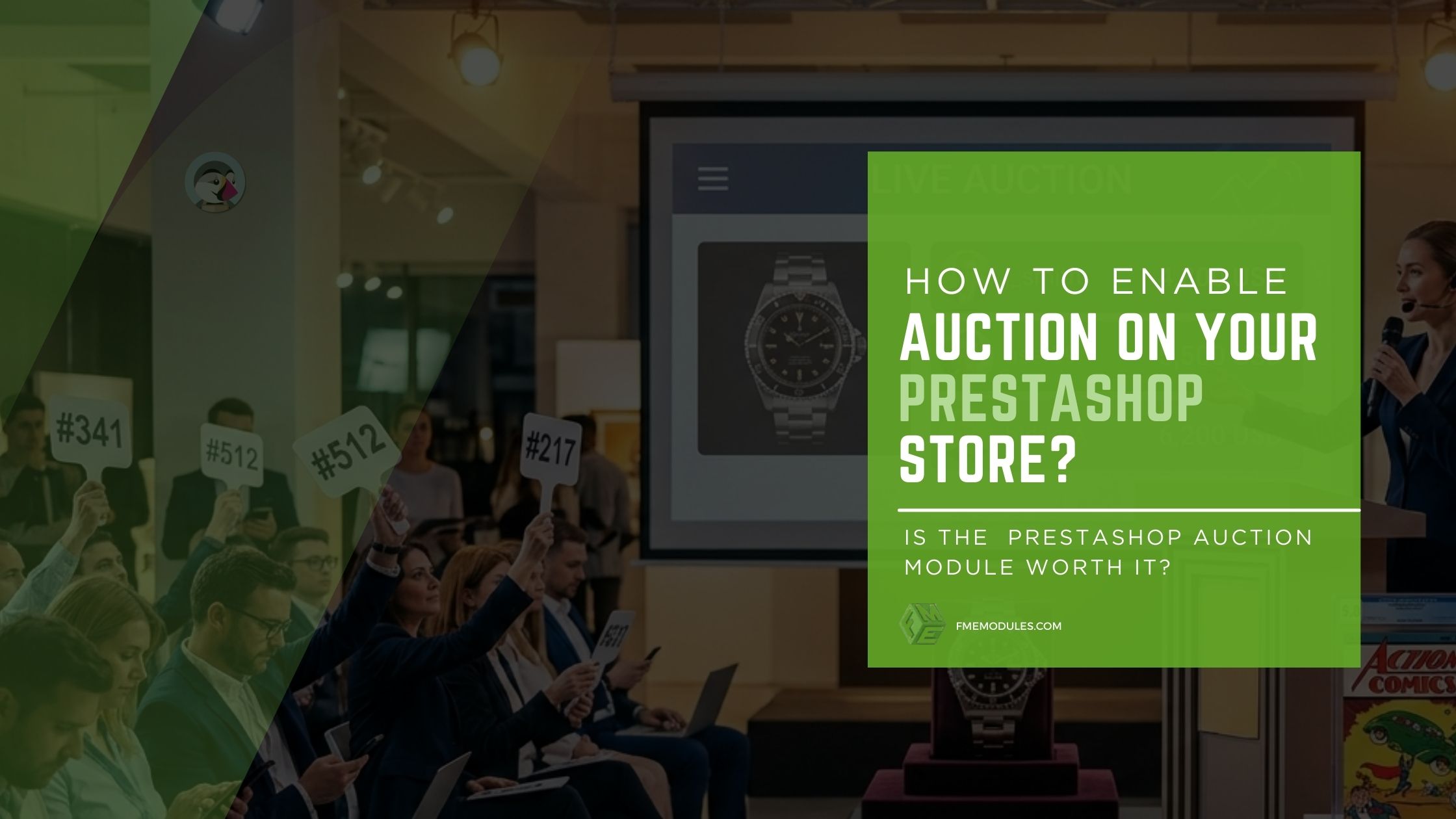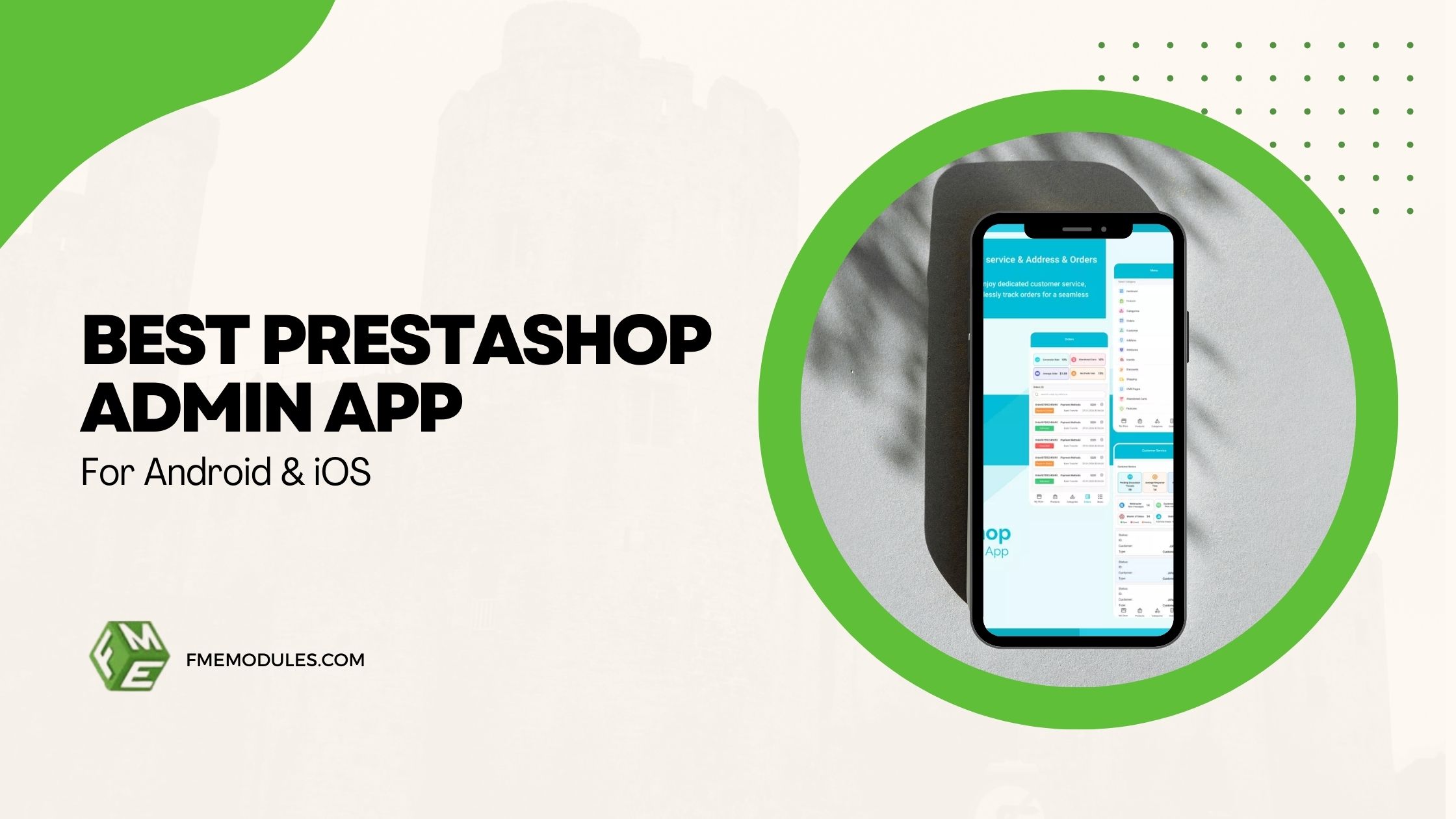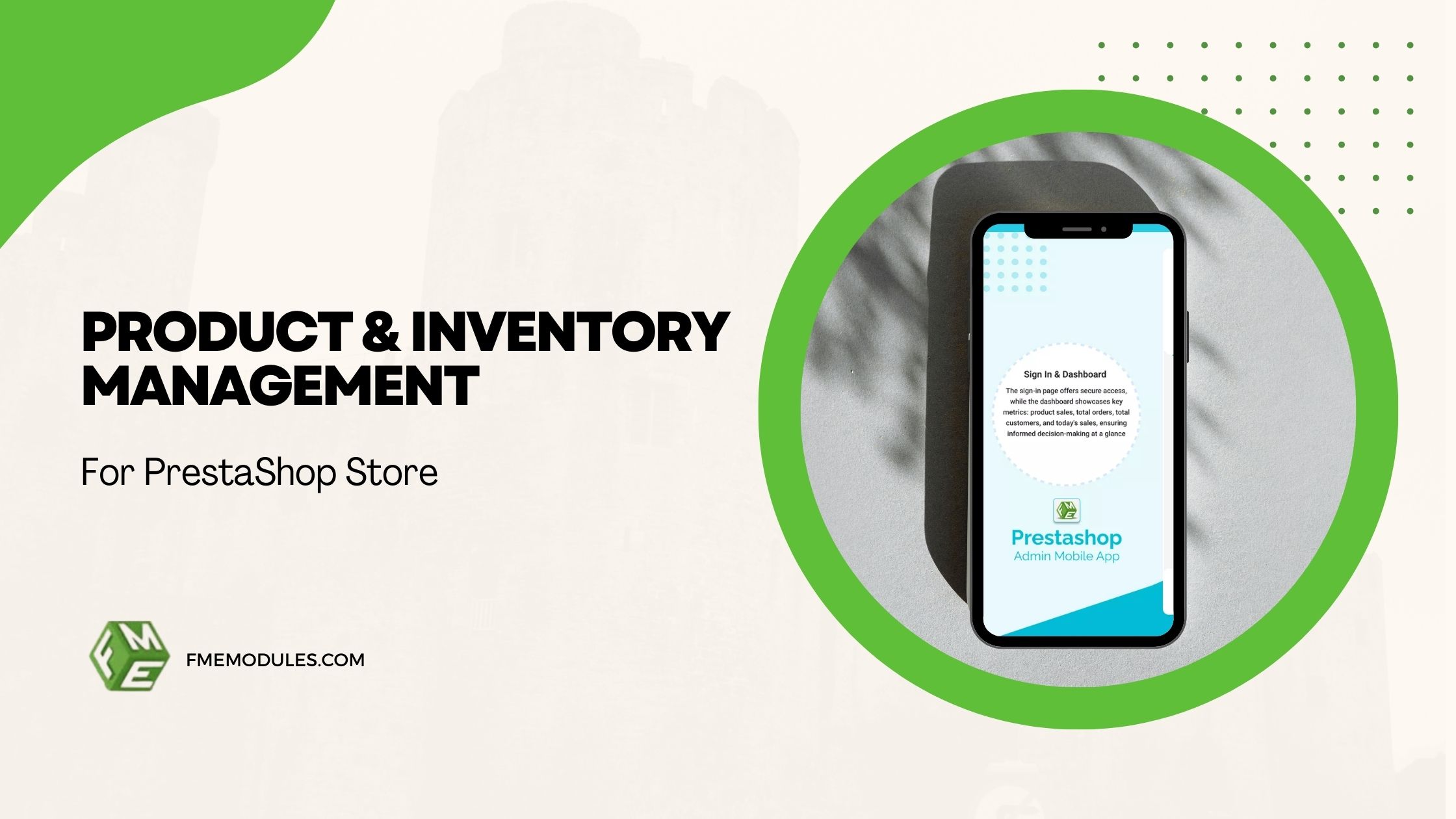What Are Custom Registration Form Audiences?
.jpg)
According to recent research, 85% of e-marketers will use personalised registration forms by the year 2025, which can make their customers' shopping experience as nice and easy as they like. This is a testament to the importance of personalisation and the role that targeted data plays in e-commerce.
But who is it that actually stands to gain from PrestaShop custom registration forms? The answer is a diverse set of users, from small store owners who want to add simple preference fields to developers working on multi-store projects* and B2B merchants requiring compliance fields or marketers running data-rich campaigns*.
This article looks into helping readers determine whether or not custom forms are suitable for them, regardless of their position or technical level.
We will discuss four primary audiences: store owners, developers/agencies, B2B merchants, and marketers, with some real-world personas of their needs.
So, without further ado, let’s get started.
Why Custom Forms Matter for E-commerce Roles
There are a number of different use cases for custom forms, from personalisation to compliance to marketing info. One of the most important things to work on is custom registration fields for every role.
PrestaShop is built on flexibility. Custom forms bring this flexibility to customer data so you can be smarter with your strategies everywhere on the platform.
E-commerce Store Owners: Simplifying Personalisation
Needs of Small-to-Medium E-commerce Owners
Small-to-midsize e-commerce sites more often than not want to customise without getting technical about it. For them, registration forms represent the first step in getting to know their customers better.
Persona: Sarah's Personalised Form Journey
Sarah, a fashion retailer, wanted to suggest gender-specific clothing offers to her customers. She increased relevance in her product recommendation and email campaigns by including an easy gender field on her PrestaShop registration form.
Modules like the FME Custom Registration Fields offer a drag-and-drop interface that allows store owners to design fields themselves without any lines of code. For instance, a home decor store might add a “style preference” dropdown (modern or rustic, or bohemian) to personalise recommendations, and it doesn’t need any developer guidance.
Hiring Agencies and Developers Technical Requirements
For developers, flexibility is crucial. Multi-store installations and complex integrations require advanced functionality such as custom hooks, conditional fields, and third-party CRM integration.
Persona: Mark’s Multi-Site Customisation Challenges
Mark is a PrestaShop developer who oversaw several PS stores. He wanted to have separate registration processes for each of his stores. By building in custom fields within CRM systems, he’s optimised data flow and saved on manual labour.
B2B Sellers: Niche Markets Based on Business Requirements
The PrestaShop custom registration forms offer great benefits to B2B sellers. They often need fields like VAT, SIRET, or tax IDs and company information for approvals.
Persona: Lisa’s B2B Registration Requirements
Lisa, who is a wholesaler, wanted a registration form that verified VAT IDs and recorded the size of the company. This kept everyone honest and allowed her to customise business propositions according to client size.
Conclusion
Powerful custom registration forms aren’t just for developers. Custom Registration Forms also enable store owners, agencies, & B2B merchants to market products more effectively. Smarter data benefits everyone, from personalisation to compliance to marketing.







